“I love how every year we get together and try to figure out how to save the theatre.”
If anyone was going to save the theatre, maybe it would be the crowd assembled to hear Taylor Mac utter these words. On 12 January 2024, the auditorium of the Skirball Theater at New York University (NYU) was full of theatre professionals—arts presenters, producers, service organizations, funders, and artists—from around the world who had come to town for the Under the Radar festival and now convened for the Under the Radar Symposium. On stage, Taylor Mac gave a blessing that marked the end of the morning’s Keynote Event.
“Obviously we haven’t done it yet. Maybe today,” judy continued, referring to the afternoon session that would follow shortly. The plan was for everyone to go upstairs to the Kimmel Center’s Rosenthal Pavilion and spend several hours in discussions that would surface the issues plaguing the international performing arts sector, as well as the emergent paths that could strengthen it. Yes, we were here to save theatre! But first, downstairs, Taylor Mac’s sing-song reminder: “Probably we won’t.”
The audience laughed in response, accepting the release from their responsibility to provide salvation today. That’s a kind of blessing, isn’t it? “Maybe today” paired with “Probably we won’t.” A blessing in the form of ambivalence: permission to strive for better made possible by the absence of immediate consequences. At the end of the blessing, Taylor Mac had all the lights in the theatre shut off and made us sit together in darkness. Let us be blessed by the unknown.
We might find salvation in presenting, preserving, and celebrating our peers’ work instead.
A couple hours earlier, Sunny Jain’s Love Force had processed through the lobby of the Kimmel Center and into the theatre. Attendees followed amid horns and drums and energy, setting down coffees and coats to clap along. By the time Mark Russell—founder and festival director of the Under the Radar festival—took the stage to welcome everyone, the room thrummed.
This gathering marked the nineteenth edition of the festival, which was housed within the Public Theater for all but one of its previous iterations. In that home, it had blossomed into a globally renowned festival of new work on the cutting edge. When the Public stopped producing the festival this year, citing tight finances, it was eulogized by many on Twitter (now X) and “a memorial of flowers and notes appeared on the steps of the Public.” Its loss felt like another blow to an already ailing theatrical ecosystem.
So Russell’s greeting to those assembled for the Under the Radar Symposium was triumphant. “When they told me Under the Radar was no more,” he began, “I had another idea.” Russell collaborated with producers ArKtype (Thomas O. Kriegsmann, president; Sami Pyne, producing director) to resurrect the festival, and they partnered with the International Producing Commons (IPC), Creative and Independent Producer Alliance (CIPA), and HowlRound Theatre Commons to put on the Symposium. The significance of Under the Radar’s reemergence as a city-wide independent festival was compounded by its commitment to the future of festival making. In the crowd at the Symposium’s Keynote Event were participants in the Atelier for Young Festival Managers, eighty festival makers from forty countries who gathered to reflect on the place festivals hold in society. Introducing the Atelier, Inge Ceustermans framed it as a “radical space for hope today.”

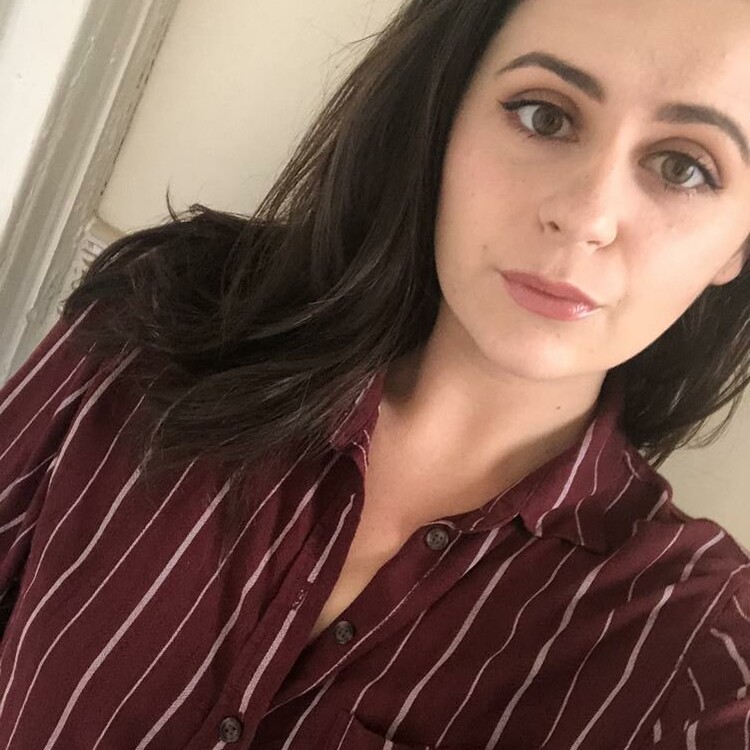
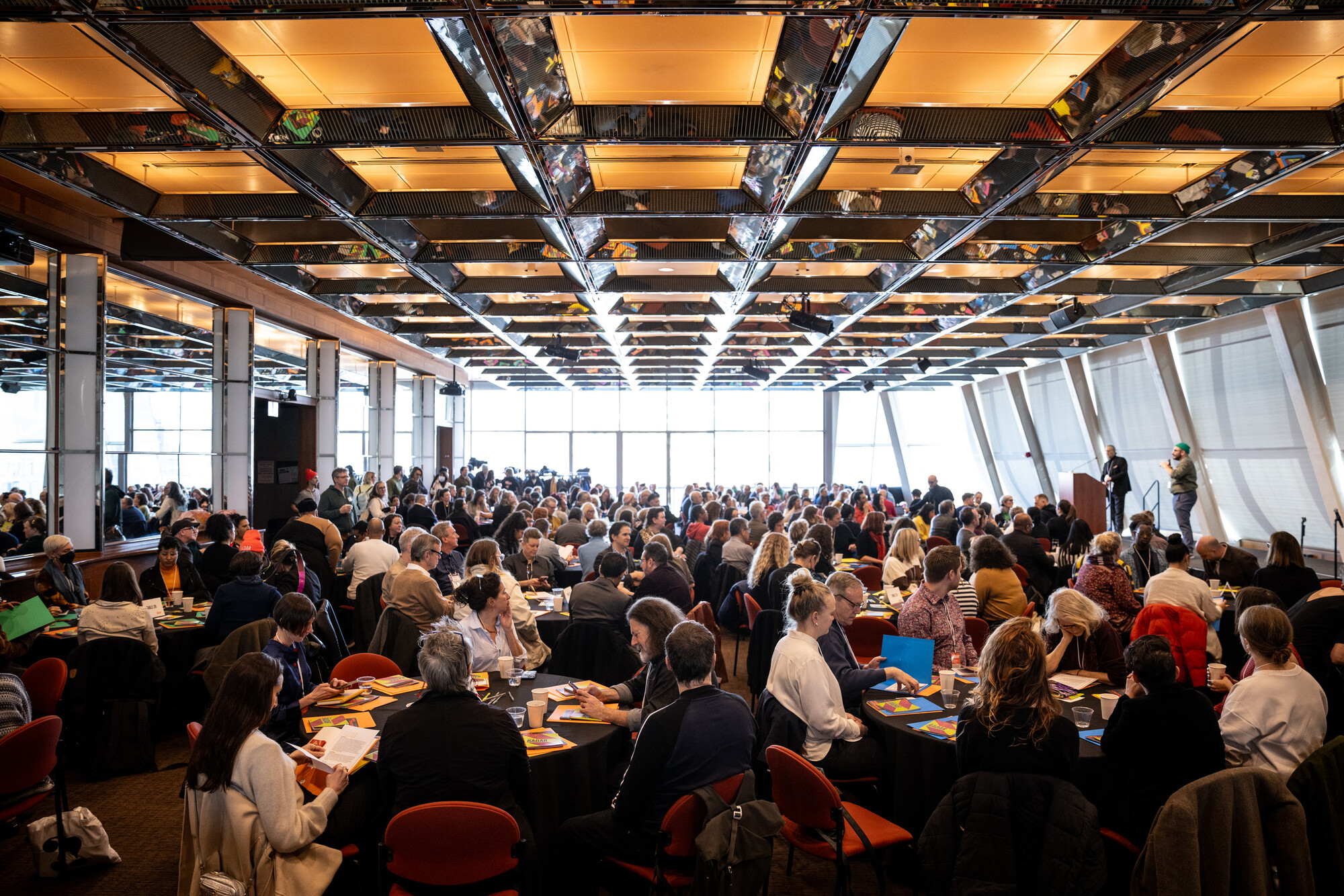
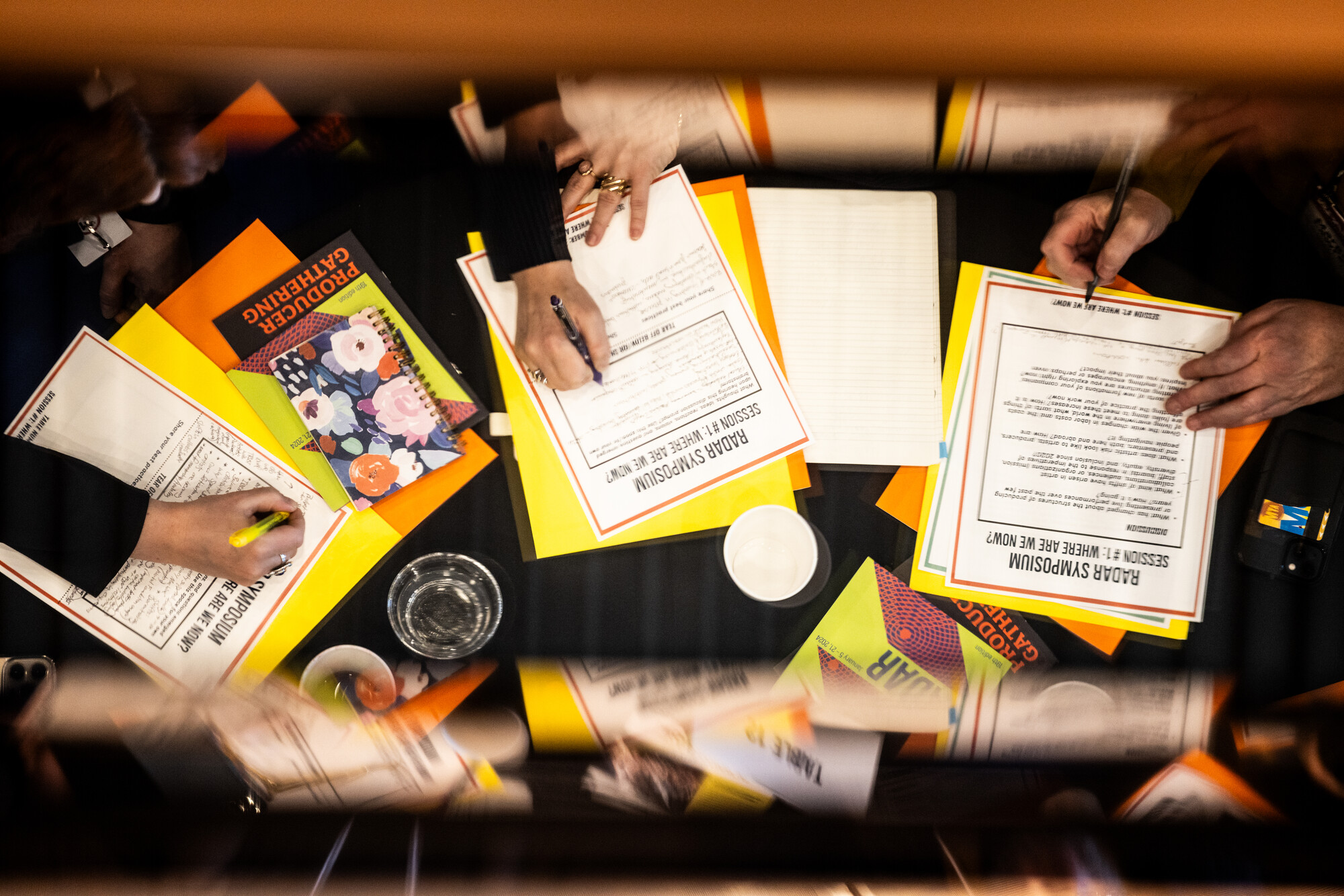
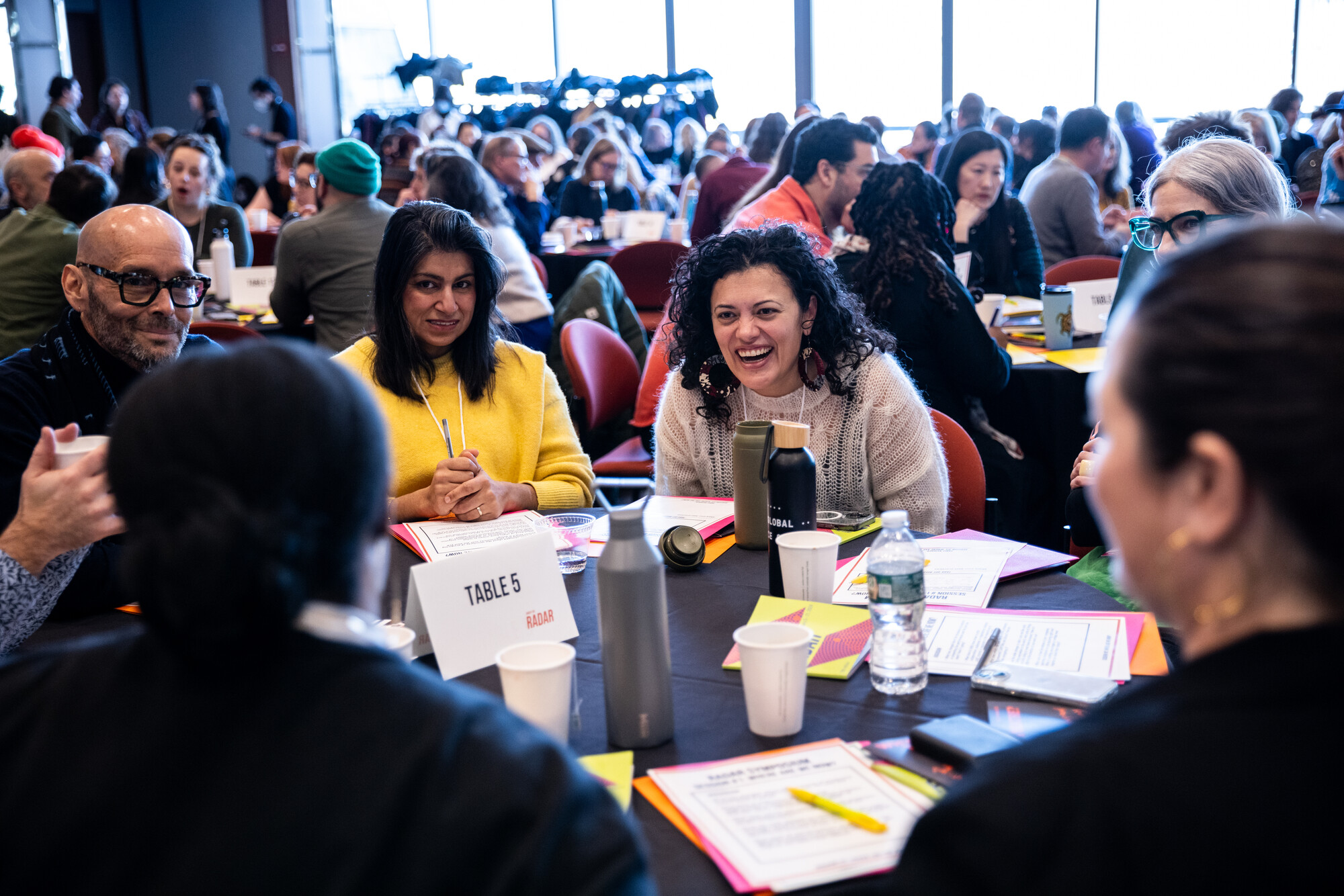

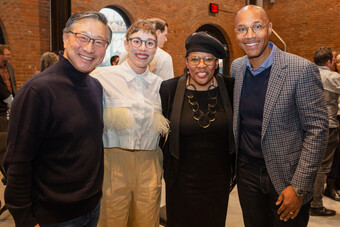

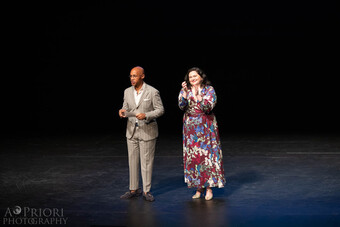


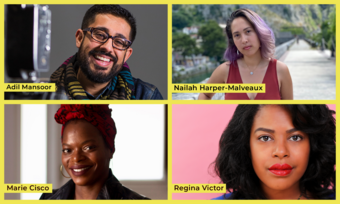

Comments
The article is just the start of the conversation—we want to know what you think about this subject, too! HowlRound is a space for knowledge-sharing, and we welcome spirited, thoughtful, and on-topic dialogue. Find our full comments policy here